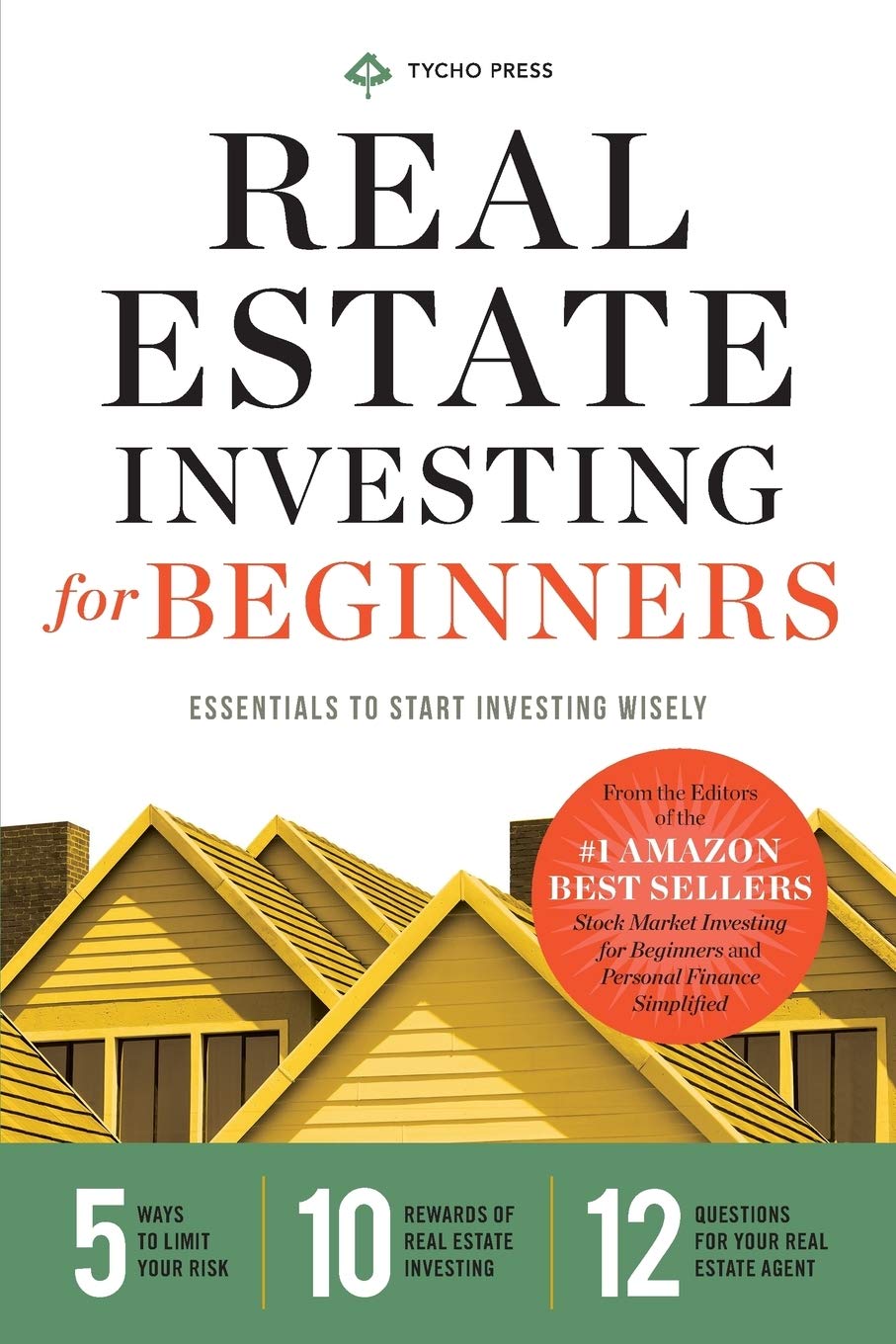
Real Estate Investing Software: A Comprehensive Guide
The advent of real estate investing software has revolutionized how investors manage their portfolios. These platforms offer features that simplify property analysis, financial planning, and portfolio management. This article delves into the various types of real estate investing software available. By understanding these technologies, you can gain a competitive edge in the real estate market. Read on to uncover how these digital tools can elevate your real estate investing game. This information is valuable for investors at all levels seeking to enhance their operations. By the end of this article, you'll have a comprehensive understanding of real estate investing software.
At its core, this software aims to simplify and enhance various aspects of real estate investing. They can help with tasks like rental income tracking, expense management, and ROI calculations. Utilizing these tools can save time and reduce errors in your investment process. Researching options ensures you invest in a tool that delivers value. Many investors have found success by integrating software into their strategies. Resources like Wholesaling Houses Info best real estate investing blog offer insights into choosing and using real estate investing software. Leveraging such knowledge enhances your ability to select effective tools.
Discover more about real estate investing software, visit: real estate property software
Benefits of Using Real Estate Investing Software
Efficiency gains allow you to focus on strategic decision-making rather than administrative work. Reducing human error leads to more reliable investment analyses. Timely information can be the difference between seizing or missing a great deal. Personalized views allow you to monitor the metrics most important to you. Collaboration features enable seamless communication with your team. A unified system enhances overall operational efficiency. Using software demonstrates professionalism to clients and partners.
Support services ensure you can resolve issues promptly. As your investments expand, the software adapts to handle increased complexity. Efficiency leads to better allocation of resources and higher profitability. Data encryption and secure access controls safeguard your information. Mobile functionality ensures you're always connected to your portfolio. Competitive analysis tools help you understand your position in the market. Sustainability practices can be a part of your corporate responsibility initiatives.
Types of Real Estate Investing Software
These tools manage tenant information, leases, and maintenance requests. Deal analysis software focuses on evaluating potential investments. Market research software offers insights into market trends and demographics. Portfolio management software tracks the performance of your investments. Financial models support long-term planning and goal setting. CRMs track communications, follow-ups, and client preferences. Auction and listing software provide access to property listings and bidding platforms.
Efficient project management reduces delays and cost overruns. Legal and compliance software ensures adherence to regulations. They identify deductions, credits, and planning opportunities. Education and training platforms provide learning resources for investors. Clear communication of data supports better decision-making. Building a strong network is invaluable in the real estate industry. These technologies allow for immersive tours without physical presence.
How to Choose the Right Software
A clear vision of your goals guides effective decision-making. Choose a platform that can handle increased data and complexity. Evaluate the user interface and ease of use. Assess the level of customer support and training provided. Seamless integration avoids data silos and duplication of efforts. Review security features to protect your sensitive information. Budget alignment ensures the software is a financially viable choice.
Insights from peers provide real-world perspectives on software performance. Trial periods allow you to evaluate functionality and usability. Ongoing updates reflect the developer's commitment to improvement. Customization allows you to tailor the tool to your specific processes. Established providers may offer more reliability and stability. Evaluate the reporting and analytics capabilities. Ease of implementation accelerates the software's positive impact.
Maximizing the Benefits of Your Software Investment
Structured planning ensures a smooth transition to new software. Comprehensive training maximizes the tool's potential. Set measurable goals to track the software's impact on your operations. Personalization increases user satisfaction and adoption rates. A strong vendor relationship adds value to your investment. Data protection strategies safeguard your critical information. Stay updated with new features and updates released by the provider.
Teamwork enhances overall performance. Security is a shared responsibility within the organization. Analytics transform raw data into actionable knowledge. Consistent use embeds the tool into your operations. An iterative approach leads to sustained success. Proactive problem-solving minimizes negative impacts. Positive reinforcement fosters a culture of innovation.
For more information on real estate investing, go to: real estate rehab software
Conclusion
In conclusion, leveraging technology can significantly enhance your investment outcomes. Thoughtful choice ensures alignment with your goals and maximizes returns. Implementing best practices in adoption and utilization further amplifies these advantages. The long-term gains outweigh the initial costs and learning curve. We encourage you to explore the options available and take the next step in modernizing your approach. Your willingness to adopt new tools can set you apart from the competition. Start your journey today by researching and testing real estate investing software that suits your needs.